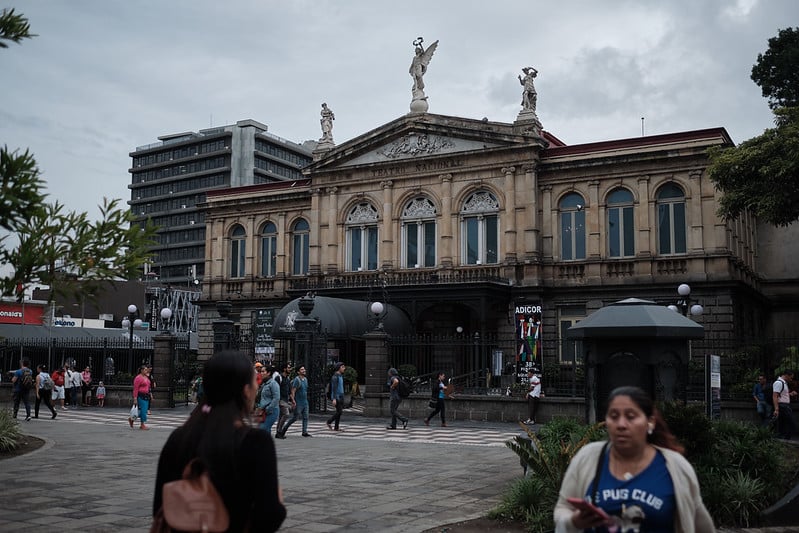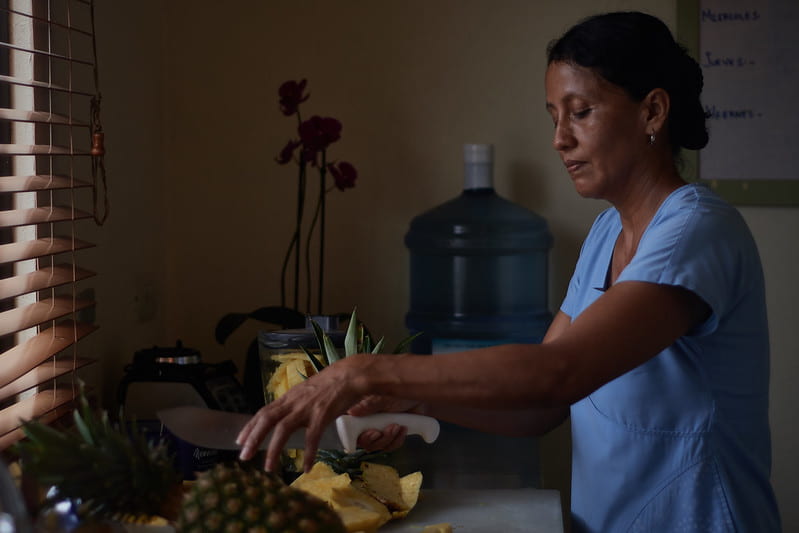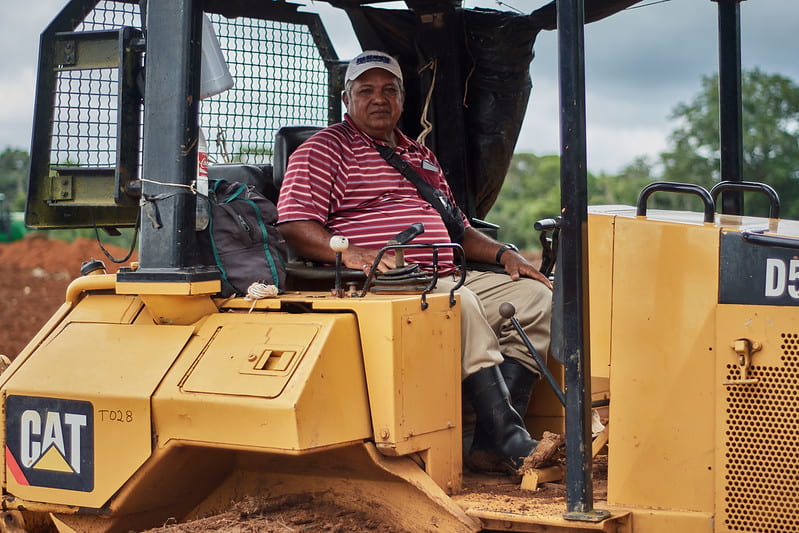
Could it be that some Costa Ricans unconsciously reject a deeper integration of the Nicas because this would imply being less “different”?
By Cindy Regidor (Confidencial)
HAVANA TIMES – I never felt myself to be the “other” until I emigrated to Costa Rica. I’d never imagined that leaving one’s own country to install oneself in a foreign land redefines identity, and, sometimes, even one’s purpose in life. At least, that’s what happened in my case.
I arrived in 2015 from Nicaragua to this neighboring Central American country with a suitcase filled with illusions about this new stage of life I was beginning along with my husband as a result of his work transfer. He is Canadian and I’m Nicaraguan, and together we began, bit by bit, as foreigners, discovering and falling in love with our new home: this small paradise visited by millions of people from around the world each year, because of its exuberant and green nature, as well as its reputation as the region’s role model—one of the few countries in the world without an army and with a prolonged history of democracy, peace and stability.
A Nicaraguan woman who works as a janitor in Upala, Alajuela. Photo: Confidencial
But, in the suitcase, I also carried certain doubts. After all, Costa Rica was also a place where at least 300, 000 fellow countrymen had arrived before me for decades, fleeing poverty, dictatorships, a civil war, earthquakes and hurricanes. In the news, I’d read that these migrants sent remittances to family members in Nicaragua. I’d also heard about the mistreatment some suffered just because they were Nicaraguan, about hostility between Nicas and Ticos (as Costa Ricans are called) because of political tensions along the border; I heard about the exploitation of those who came seeking work in the coffee or pineapple fields or as security guards, maids and construction workers.
We were “the others,” the largest foreign population in the country, arriving to do the jobs that the average Tico, with better education and resources, no longer wanted to do. We were, for some, the poor, brown-skinned, simple, inferior, but also sometimes perceived as criminal threats. There’s even a popular saying, “Don’t act like a Nica,” as Carlos Sandoval, an expert on migratory themes, explains.
Nicaraguan worker on a pineapple cultivation farm in Upala, Alajuela. The Nicaraguan workforce in agricultural activities in Costa Rica is significant and fundamental in several areas, such as the coffee and pineapple harvest. Photo: Confidencial
In 2005, this hostility reached its peak when an indigent Nicaraguan, Natividad Canda, was torn to pieces by three dogs when he trespassed in a car repair shop to rob aluminium; police and others who witnessed the attack stood by and did nothing, according to media reports. The event set off heated debates and xenophobic expressions about Nicaraguan migrants in Costa Rica.
Ten years later when I arrived, the mood seemed more friendly, at least in my social environment. What I did find were micro-aggressions of “furtive xenophobia,” as a Nicaraguan college student recounted when I interviewed her in my first months here. I remember the surprise of some Costa Ricans when they found out I was Nica and spoke fluent English. I received “compliments” such as “Oh, you’re Nica, but you express yourself very well” or “Oh, you’re Nicaraguan? You don’t seem to be.” And, of course, at the same time, there were—and are—aggressions, insults and open xenophobic attacks suffered by other Nicaraguans, generally those in disadvantaged economic and social conditions, because xenophobia goes hand-in-hand with racism and class discrimination here and in all parts of the world.
Class, race and nationality figures into how foreigners are treated in Costa Rica, differences that become more evident in contrasting the experience of Central American migrants with that of those from Europe and the United States who settle in a permanent fashion in the more touristic zones. These “expats,” as they call themselves, to differentiate from other migrants, who come to Costa Rica to retire, to buy houses or start businesses, are generally well-received and there’s seldom any discriminatory expressions against them in the public debate.
The government has recently promoted a law for digital nomads, intended to attract, especially after the pandemic, foreigners earning at least US$3,000 monthly who wish to live and work remotely in Costa Rica.
There’s a saying that, supposedly, reflects a certain Costa Rican idiosyncrasy: “A Tico invites you home, but never gives you the address,” a refrain repeated with a sense of humor even by Costa Ricans themselves. I have very good Tico friends, who indeed gave me their addresses. They are people interested in understanding my reality as a migrant and a Nicaraguan, with whom I have created strong bonds based on admiration and mutual respect.
The kindness, solidarity and genuine welcome of the majority of Costa Ricans through moving gestures caused my reservations to dissipate. I remember, for example, the night of April 20, 2018, when I had to interrupt a visit to Managua because of the beginning of the massive citizens’ protests that were brutally repressed by the Daniel Ortega-Rosario Murillo regime. Chaos had taken over Nicaragua. Yet that night was only the beginning of long and exhausting months that have become six years of a serious socio-political and human rights crisis. When I returned to Costa Rica scared and with an aching heart, Costa Rican friends met me in the airport with signs of support and warm hugs.
I wasn’t the only one the Ticos




